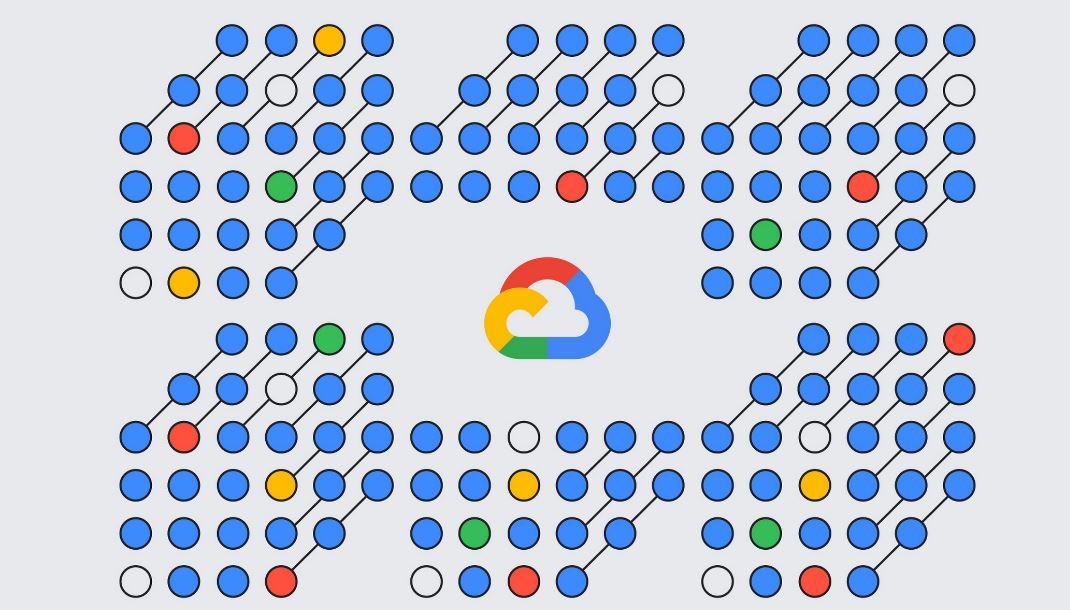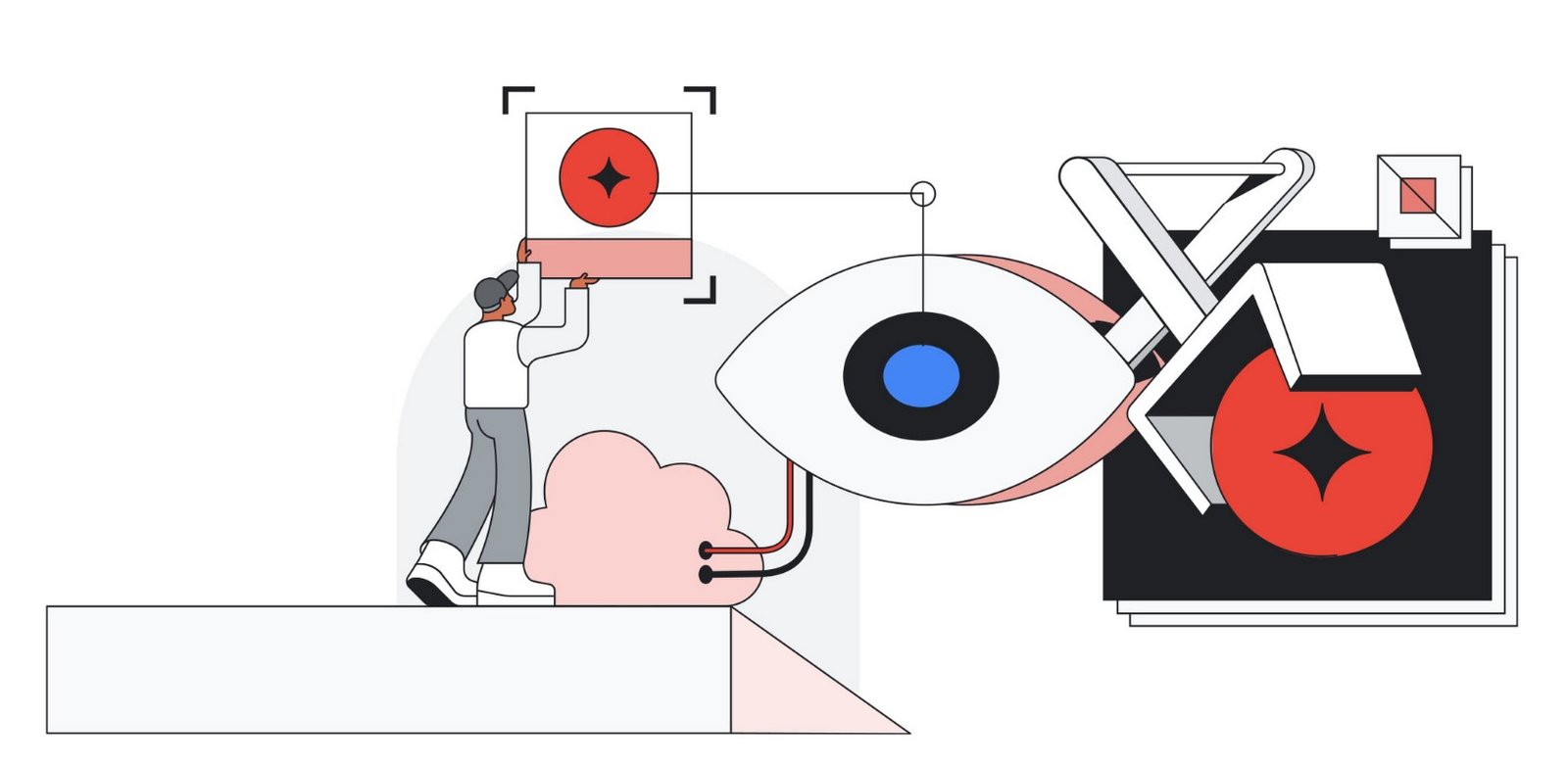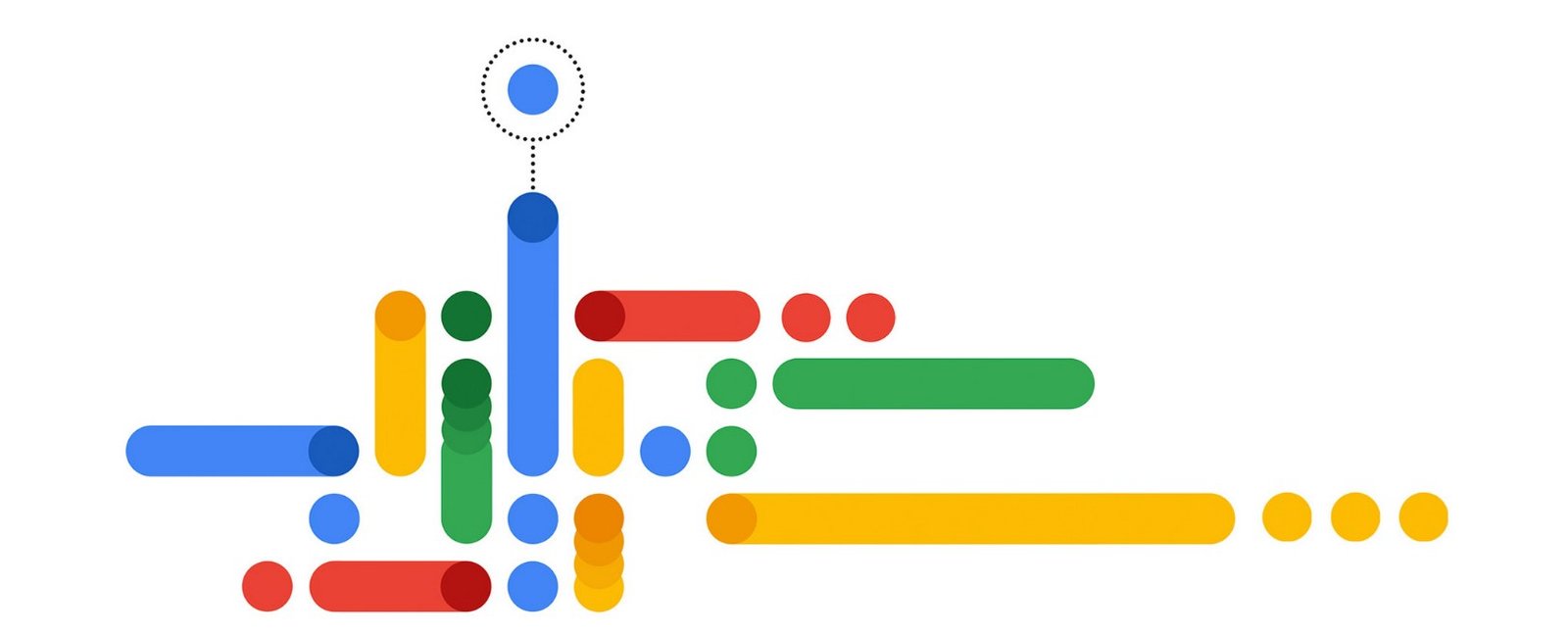- GKE and Hybrid Connectivity: GKE supports hybrid connectivity, allowing you to securely connect your GKE clusters with your on-premises infrastructure using VPN, Cloud Interconnect, or Cloud VPN.
- GKE and Cloud SQL: GKE can be integrated with Cloud SQL to provide managed SQL databases for your containerized applications, allowing you to easily store, query, and manage your application data.
- GKE and Istio: GKE supports the integration of Istio, a powerful service mesh platform that provides advanced traffic management, security, and observability features for your microservices architecture.
- GKE and Terraform: GKE can be provisioned and managed using Terraform, an Infrastructure-as-Code (IaC) tool that allows you to automate the creation, modification, and management of your GKE resources using declarative configuration files.
- GKE and Helm: Helm is a package manager for Kubernetes that simplifies the deployment and management of applications on GKE. Helm charts define, install, and upgrade complex Kubernetes applications, making it easier to manage application deployments.
Command: helm install [RELEASE_NAME] [CHART_NAME]
- GKE and Marketplace: Google Cloud Marketplace offers pre-built container images and Kubernetes applications that can be easily deployed to your GKE cluster, simplifying the process of installing and configuring third-party software.
- GKE and Stackdriver: GKE is integrated with Stackdriver, Google Cloud’s operations suite, which provides powerful monitoring, logging, and diagnostics capabilities for your GKE clusters and applications.
- GKE Troubleshooting and Support: Google provides extensive documentation, support, and community resources to help you troubleshoot and resolve issues with your GKE clusters, ensuring that your applications run smoothly and reliably.
- Some useful GCP cli commands:
| Service | Command Group | Common Action | Full CLI Commands |
| Kubernetes Engine | gcloud container clusters | Create cluster | gcloud container clusters create CLUSTER_NAME –zone ZONE –num-nodes NUM_NODES |
| List clusters | gcloud container clusters list | ||
| Get cluster credentials | gcloud container clusters get-credentials CLUSTER_NAME –zone ZONE | ||
Update cluster | gcloud container clusters update CLUSTER_NAME –zone ZONE –update-addons=HorizontalPodAutoscaling=ENABLED | ||
| Delete cluster | gcloud container clusters delete CLUSTER_NAME –zone ZONE |




